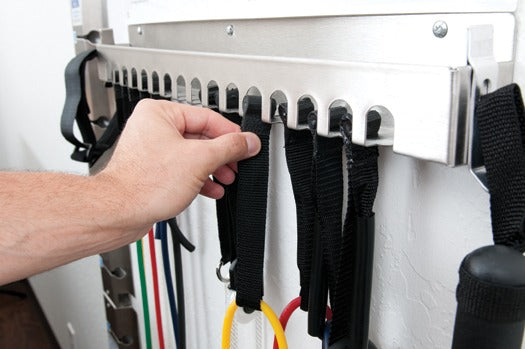
Rotator Cuff Injury Rehabilitation: A Step-by-Step Guide
Share
Rotator cuff injuries are a common issue, especially among athletes, laborers, and older adults. Whether caused by overuse, trauma, or degeneration, a torn or strained rotator cuff can lead to significant shoulder pain and limited mobility. Fortunately, a structured rehabilitation plan can help restore strength and function. Here’s a step-by-step guide to rotator cuff injury recovery.
Step 1: Rest and Pain Management
Immediately following the injury, it's essential to rest the shoulder and manage pain. Ice therapy, anti-inflammatory medications, and avoiding overhead movements help reduce inflammation. A doctor may also recommend immobilization with a sling for severe injuries.
Step 2: Physical Therapy Begins
Once the initial pain subsides, gentle physical therapy exercises are introduced. These early exercises focus on improving range of motion without straining the injured tissue. Pendulum swings, passive stretches, and assisted arm movements are commonly used during this phase.
Step 3: Strengthening the Shoulder
After regaining mobility, the next phase targets rebuilding strength. Physical therapists typically introduce resistance bands and light weights to strengthen the rotator cuff muscles and supporting structures. Emphasis is placed on proper form and controlled movement.
Step 4: Functional Training
As strength and mobility return, functional exercises simulate everyday activities or sports-specific movements. This stage helps the shoulder adapt to real-world stresses and prevents re-injury.
Step 5: Return to Normal Activity
Full recovery can take weeks to several months, depending on the severity of the injury. A gradual return to normal activities or sports is advised, under the supervision of a healthcare provider.
Rehabilitation requires patience and consistency. Following a step-by-step recovery plan not only restores shoulder function but also reduces the risk of future injuries. Always consult with a medical professional to ensure the rehabilitation program is appropriate for your specific condition.
